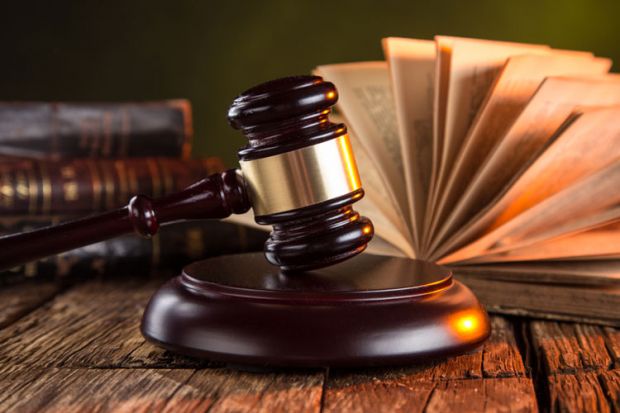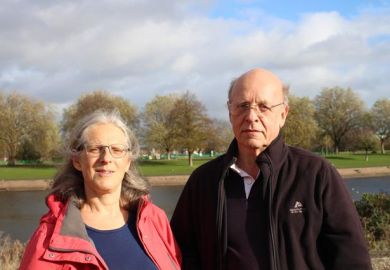He woke up in excruciating pain at 4am and texted his mother in distress: ‘I am in tooth agony. Don’t really know what to do’
While courts once took the view that they would not intervene in matters of “academic judgement”, this defence against student complaints is no longer quite the trump card it once was, according to barristers David Lawson and Leon Glenister (“A weaker hand”, Opinion, 12 March).
In my experience, universities and the Office of the Independent Adjudicator continue to invoke the defence inappropriately, with dire consequences for students.
Take the case of David, a graduate who contacted me for advice. In the final year of his studies, he received dental treatment on a molar. Three months later, in mid-April, he started to suffer from severe pain in the same tooth. He struggled to sleep and concentrate for more than a few minutes. Painkillers helped little.
On 24 April, the submission day for his extended essay, he was diagnosed with a severe inflammation of a nerve ending and underwent emergency dental treatment. He continued to suffer from toothache in the weeks that followed.
On the morning of one of his exams, he woke up in excruciating pain at 4am. He texted his mother in some distress: “I am in tooth agony. Don’t really know what to do”. His mother transferred £150 to his bank account so that he could consult a dentist as an emergency case the same morning. The treatment was protracted and painful. His mouth was swollen and the pain persisted for some hours after the procedure. He sat the examination in the afternoon but, unable to tolerate the pain, he left 15 minutes before the end.
David got a 2:2 and appealed the result on the basis of extenuating circumstances. He submitted contemporaneous medical evidence from the dentist, including X-ray images of his teeth, the text messages he had sent his mother on the day of the exam and a detailed account of his condition, treatment and the effect they had on his ability to study.
The university accepted that David suffered from severe dental pain at the relevant time but rejected the appeal on the grounds that “the marks for the affected course units were not found to be out of line” with his overall profile.
David lodged a complaint to the OIA. It rejected the complaint on the basis that “the assessment as to the extent of the impact of David’s circumstances on his academic performance is a matter of academic judgement with which the OIA cannot interfere”.
This interpretation is wrong and contrary to common sense. The OIA defines academic judgement on its website as a “judgment that is made about a matter where only the opinion of an academic expert will suffice”. Determining if symptoms of an illness, including pain, are likely to impact negatively on someone’s ability to concentrate and perform academically is not a matter “where only the opinion of an academic will suffice”. It is a matter of factual causation better addressed by medical professionals, be they doctors, dentists or psychologists.
Doctors often have to make assessments on whether patients have the capacity to make decisions and perform certain tasks, such as driving, working or appearing in court. The question for the medical expert should be: “Is it more likely than not that this student’s ability to revise for and perform academically in the assessment was adversely affected by the illness?” If a doctor answers “yes” to that question, academics should defer to that opinion unless they possess contrary medical opinion. An academic’s crude comparison of exam results is not reliable evidence of impairment caused by ill health. Exam results can fluctuate for many reasons, including the amount of time a student has spent on revision.
In the case of R (Cardao-Pito) v OIA, the judge found that the impact of a supervisor’s alleged harassment on a student’s performance in a research paper was not a matter of academic judgement. Similarly, universities and the OIA should no longer base decisions on the misguided belief that the expertise of academics extends to deciding if an illness affects a student’s ability to study.
Many students, including David, have already paid the price of this illogical interpretation. Current and future students should not have to.
Register to continue
Why register?
- Registration is free and only takes a moment
- Once registered, you can read 3 articles a month
- Sign up for our newsletter
Subscribe
Or subscribe for unlimited access to:
- Unlimited access to news, views, insights & reviews
- Digital editions
- Digital access to THE’s university and college rankings analysis
Already registered or a current subscriber?





